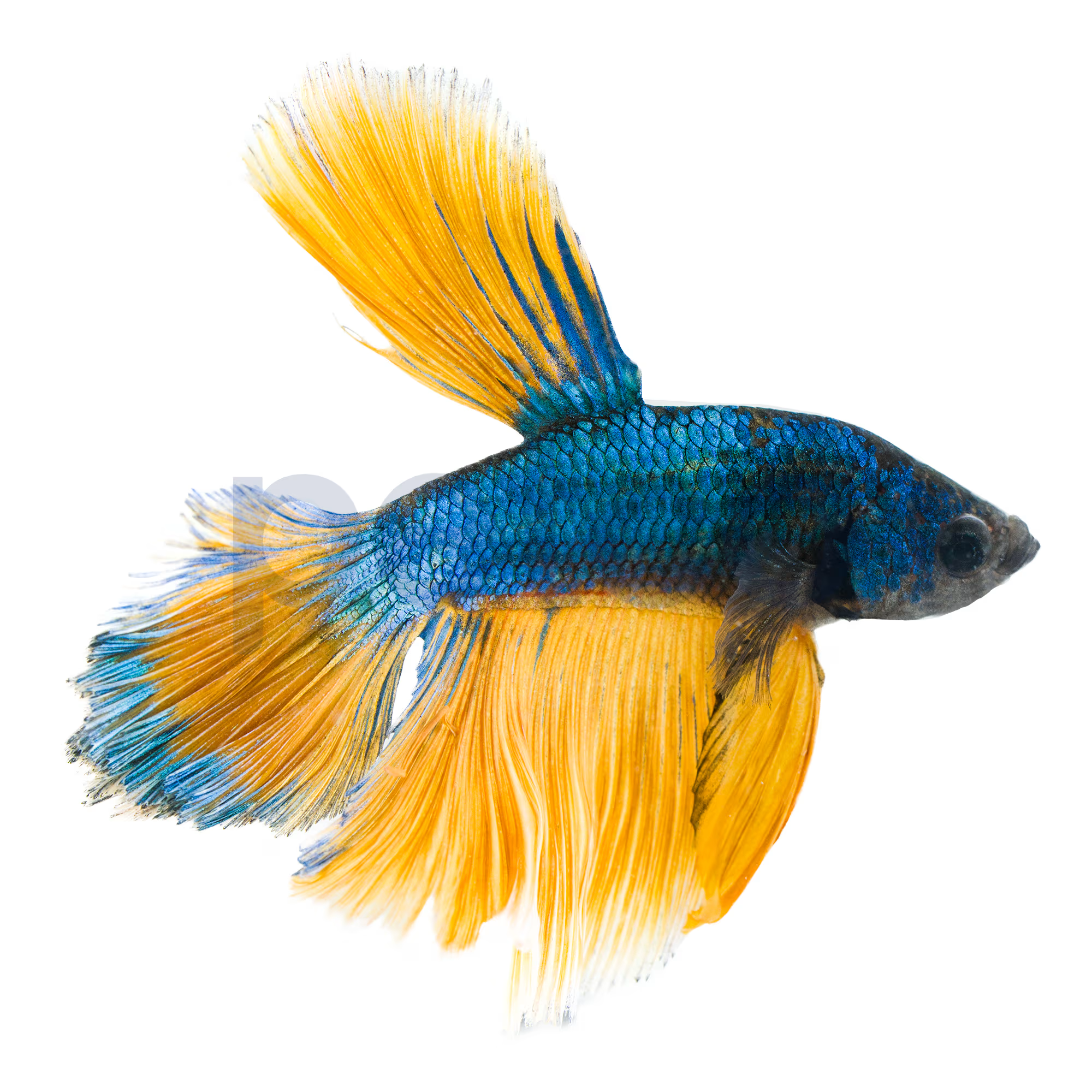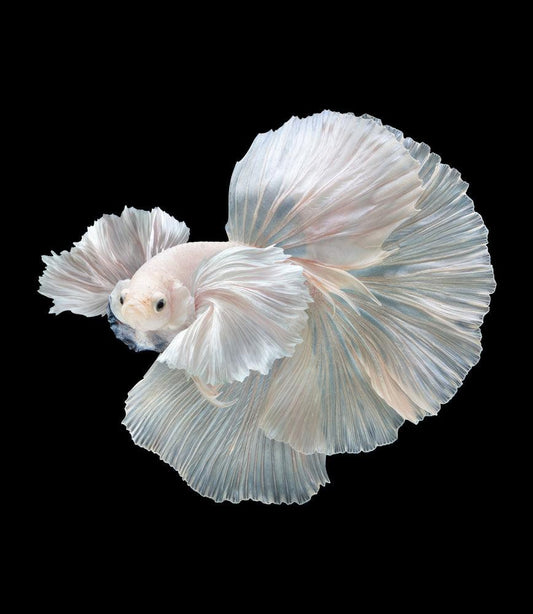Everything About Betta Fish: Understanding Their One-of-a-kind Needs, Habits, and the most effective Practices for Ideal Treatment
Comprehending the unique demands and habits of Betta fish is vital for any kind of aquarist seeking to offer ideal treatment. These captivating animals, belonging to the cozy waters of Southeast Asia, exhibit distinct territorial propensities and call for details ecological conditions to flourish. From picking the right tank dimension to identifying prospective health concerns, different aspects dramatically influence their health. As we check out these components further, the effects for both novice and knowledgeable fish keepers end up being progressively noticeable, increasing inquiries concerning just how best to suit these impressive fish in our homes.
Betta Fish Review
Although often admired for their vibrant colors and flowing fins, Betta fish, scientifically known as Betta splendens, are complicated creatures that call for details like grow. Originating from Southeast Asia, these freshwater fish are known for their territorial nature and distinct habits. Betta fish display sex-related dimorphism, with men displaying more brilliant colors and longer fins than women.
Their aggressive tendencies, particularly among males, require mindful factor to consider when real estate them. Bettas are commonly kept in single-specimen tanks to avoid territorial disputes. Nonetheless, they can coexist peacefully with specific compatible varieties in larger community storage tanks, provided the atmosphere meets their requirements.

To make sure optimum care, aquarists need to understand their distinct behavioral traits, dietary demands, and environment demands. betta fish. With appropriate focus, Betta fish can display their dynamic characters and prosper in a properly maintained aquarium setting
All-natural Environment and Environment
Betta fish prosper in a varied series of all-natural environments, mainly found in the shallow waters of Southeast Asia, consisting of rice paddies, swamps, and slow-moving streams. These environments are defined by warm temperature levels, normally between 75 ° F and 82 ° F(24 ° C and 28 ° C ), and a pH degree varying from 6.5 to 7.5, which is ideal for their health and wellness and health.
In their all-natural environments, Betta fish are accustomed to thick plants, providing both shelter and reproducing grounds. The visibility of plants such as drifting water lilies and thick yards not just uses security from predators yet also adds to the oxygenation of the water, which is essential for their breathing requirements. In addition, these environments often have areas of still water, enabling Betta fish to exhibit their all-natural habits such as bubble nesting.
Understanding the natural habitat of Betta fish is important for fish tank enthusiasts. Replicating these problems-- via water temperature, pH equilibrium, and the addition of live plants-- can dramatically enhance the total wellness and durability of these exciting fish, ensuring they prosper in a home aquarium setup.
Social Behavior and Communications
Comprehending the social habits and interactions of Betta fish is necessary for successful fish tank administration. Betta fish, or Siamese fighting fish, are known for their distinct behavior attributes, identified primarily by territoriality and aggression. Men, specifically, display extremely aggressive actions towards each other, leading to the well-known credibility of Betta fish as competitors. In a confined area, 2 men can take part in violent fights, often causing injury or fatality.
On the other hand, female Bettas exhibit less aggressive habits and can exist together in groups, referred to as sororities, if presented effectively. However, it is important to check their interactions very closely, as hierarchy and supremacy can result in disputes. Recognizing the characteristics within a Betta community is important; establishing hiding spots and guaranteeing ample space can minimize aggressiveness.
On top of that, Betta fish may likewise present inquisitiveness and social behaviors in the direction of other species. While they can coexist with certain non-aggressive tank companions, it is vital to select compatible varieties to avoid anxiety and aggressiveness. On the my latest blog post whole, acknowledging these social interactions is crucial to promoting a harmonious fish tank environment for Betta fish.
Essential Treatment Guidelines
Supplying correct treatment for Betta fish is critical to their health and wellness. Normal water modifications-- approximately 25% once a week-- help maintain water top quality.
Betta fish call for an appropriate container dimension; a minimum of 5 gallons is advised to supply appropriate space for swimming and hiding. Consist of designs and plants to produce a revitalizing atmosphere, but avoid sharp things that can damage their delicate fins.

Lastly, ensure the storage tank is geared up with a filter to maintain the water clean, but utilize a gentle filter to prevent solid currents that can emphasize the fish. By following these necessary care standards, proprietors can advertise a healthy and balanced and lively Betta fish.
Common Health Issues and Solutions
In the care of Betta fish, awareness of typical health and wellness problems is vital for maintaining their wellness. One common concern is fin rot, often brought on by bad water high quality or bacterial infection. Signs and symptoms consist of torn or discolored fins. To treat fin rot, enhance water conditions and take into consideration using a broad-spectrum antibiotic.
Another typical disorder is ich, a parasitical infection identified by white spots on the fish's body (betta fish). Treatment includes boosting water temperature and including fish tank salt to the tank, as this can aid remove the bloodsucker
Swim bladder problem is likewise frequently observed, resulting in buoyancy issues. This problem might arise from overfeeding or irregularity. A fasting duration of 24-48 hours, complied with by a diet plan of blanched peas, can offer alleviation.
Lastly, bettas may experience from velvet illness, suggested by a gold dust-like look on their skin. Therapy commonly needs drug especially designed for exterior bloodsuckers, together with improved container hygiene.
Routine tracking of water criteria, maintaining a tidy setting, and supplying a balanced diet plan are crucial safety nets. By addressing these wellness issues immediately, Betta fish can lead much healthier, a lot more vibrant lives.
Verdict
In recap, effective betta fish treatment requires an understanding of their betta fish unique demands and habits. Supplying a suitable atmosphere, consisting of ideal storage tank size and water conditions, is important for their wellness. Additionally, acknowledging their territorial nature and making certain ample concealing areas can protect against aggression. Normal monitoring of wellness and water top quality, try this out together with a well balanced diet, adds to the durability and vibrancy of betta fish. Complying with these standards will cultivate a successful water ecosystem for these exciting animals.